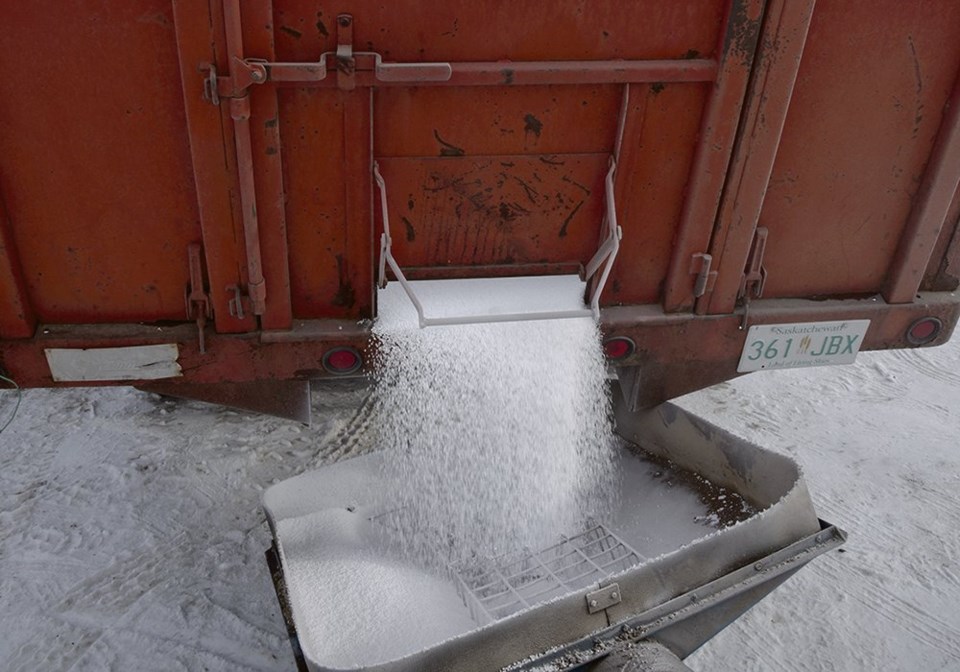WESTERN PRODUCER — Russia's trade and industry ministry has recommended that the country's fertilizer producers temporarily halt exports.
That will have big ramifications for all major fertilizers, says an industry analyst.
"It takes a world that was already rather tightly supplied and low on inventories and it just makes it that much worse," said Josh Linville, fertilizer analyst with StoneX.
"It's a further tightening of the belt."
An April barge of urea traded as high as US$795 per tonne in New Orleans on March 4, up 22 percent from the levels traded at the beginning of the week.
Some analysts believe Russia's proposed export restrictions will send prices "orbitally higher" but Linville feels the market had already factored it in, to some degree.
"We had already kind of figured this is where we were going," he said.
The announcement did have some immediate impact, sending urea paper prices up $50 per tonne and UAN prices $10 to $15 per tonne on March 4.
Linville said it is scary when it has gotten to the point where he is shrugging off those kinds of market swings.
"That tells you how calloused we've kind of become to this volatility lately," he said.
Earlier in the week, U.S. secretary of agriculture Tom Vilsack warned fertilizer suppliers not to use the chaos of war to artificially inflate prices beyond levels dictated by supply and demand fundamentals.
The Fertilizer Institute shot back in an advertisement published on the Agribusiness Global website stating that its member companies do not operate like that.
It said the reality is that the conflict will likely impact global fertilizer markets.
Russia is the world's second largest producer of ammonia, urea and potash and the fifth largest producer of processed phosphates, according to institute.
The country accounts for 23 percent of global ammonia exports as well as 14 percent of urea, 21 percent of potash and 10 percent of processed phosphate exports.
Russia also supplies one-third of Europe's natural gas, the main feedstock in producing nitrogen fertilizers.
"It is unclear the exact magnitude and how the Russia-Ukraine conflict will affect the already-tight global market for fertilizer, but it will add additional pressure on a market that has already experienced many challenges over the last 18 months," said the institute.
Linville said China is responsible for another 10 percent of global urea exports and about one-third of the phosphate trade. It has banned exports of both commodities through the end of June.
Together the two countries account for about one-quarter of the world's urea exports and one-half of its phosphate shipments.
"It's going to hurt as long as China stays out of the export market," he said.
Fertilizer prices were already sky-high before the Russia/Ukraine conflict. CF Industries chief executive officer Tony Will recently said at an industry conference that fertilizer inventories are "as low as we've ever seen."
Nutrien interim chief executive officer Ken Seitz predicted a prolonged disruption in potash supply out of Russia a few days before the Russia announcement was made.
"We're looking very closely at, if this is sustained, how do we deploy miners and open up ground in a very practical, pragmatic way," he said at a BMO Capital Markets investor conference, according to a recent Reuters story.
He promised a similar response on the nitrogen side of the business.
"We're going to run our plants, run them flat out," said Seitz.




